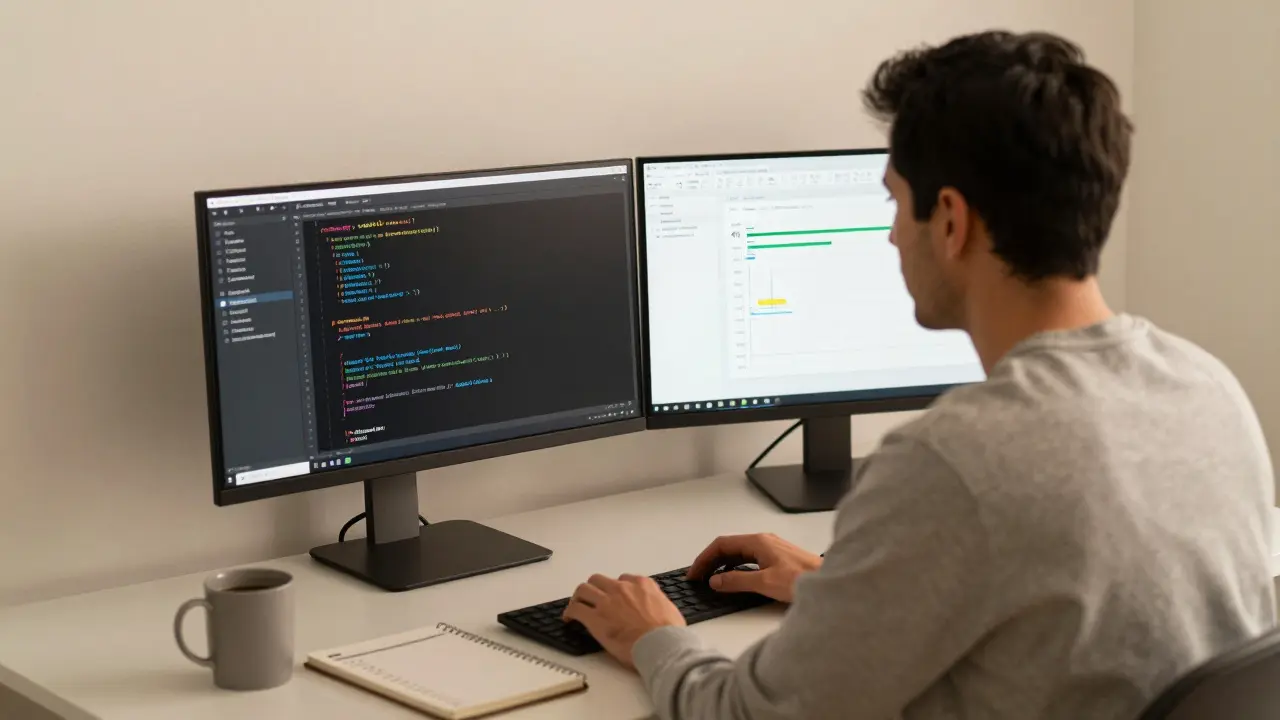Programming Faster: Simple Ways to Speed Up Your Coding
Ever feel stuck trying to write code quicker without sacrificing quality? You’re not alone. Whether you’re just starting out or already knee-deep in projects, knowing how to program faster can save you hours and reduce stress. Let’s cut through the noise and get straight to handy tips that actually work.
First things first, mastering your tools can make a huge difference. Learn keyboard shortcuts for your code editor — they’re tiny time savers that add up fast. Instead of hunting through menus, a quick key combo lets you copy, paste, or navigate lines instantly. Spend some time customizing your environment so it fits how you work best.
Debugging Without the Headaches
Bugs are inevitable, but debugging doesn’t have to slow you down forever. The secret? Approach errors with a plan. Start by isolating the problem in the simplest way possible—strip down your code to the smallest piece that still triggers the issue. This makes tracking the bug faster and clearer.
Also, get comfortable reading error messages and logs. They’re messengers, not mysteries. Use print statements or debugging tools to watch what your code does step-by-step instead of guessing blindly. Over time, you’ll spot common bug patterns and nip them in the bud quickly.
Tricks to Boost Your Coding Workflow
Got repetitive tasks? Automate them. Simple scripts or macros that run boring jobs for you free up brainpower for tougher problems. Plus, breaking code into smaller, reusable pieces not only cleans your project but lets you build faster next time with well-tested parts.
Don’t forget to learn from others. Check out coding tutorials and tricks shared by experienced developers to pick up fresh ideas. Sometimes a little tweak in your approach or syntax can make your code run smoother and faster.
Programming faster isn’t about rushing blindly; it’s about working smarter. Combine good habits, tool mastery, effective debugging, and smart automation. With practice, you’ll code cleaner, solve problems quicker, and enjoy building more without the drag.
Ready to speed up your programming? Try these tips on your next project and see the difference in how quickly you can move from idea to working code.

- Jan 27, 2026
- Maxwell Sterling
- 0 Comments
Programming Faster: How to Write Code Efficiently and Stay Ahead in Tech
Learn practical ways to program faster without burning out. Discover how to write efficient code, reduce debugging time, and ship features quicker by focusing on workflow, not just syntax.

- Nov 16, 2025
- Seraphine Gibson
- 0 Comments
Become a Coding Pro by Programming Faster
Learn how to code faster by thinking before typing, using shortcuts, reusing code, automating tasks, and taking smart breaks. Become a more productive developer without burning out.

- Mar 23, 2025
- Travis Lincoln
- 0 Comments
Programming Faster: Unlocking Success in Your Coding Career
Speed in coding isn't just about typing faster; it's about optimizing workflow and using the right tools. This article explores practical tips for becoming a more efficient programmer, from mastering shortcuts to leveraging powerful software. Learn how you can boost your productivity and code quality simultaneously. With the right strategies, you can excel in your programming career and keep up with industry demands. Discover the secrets top developers use to enhance their speed and efficiency.
